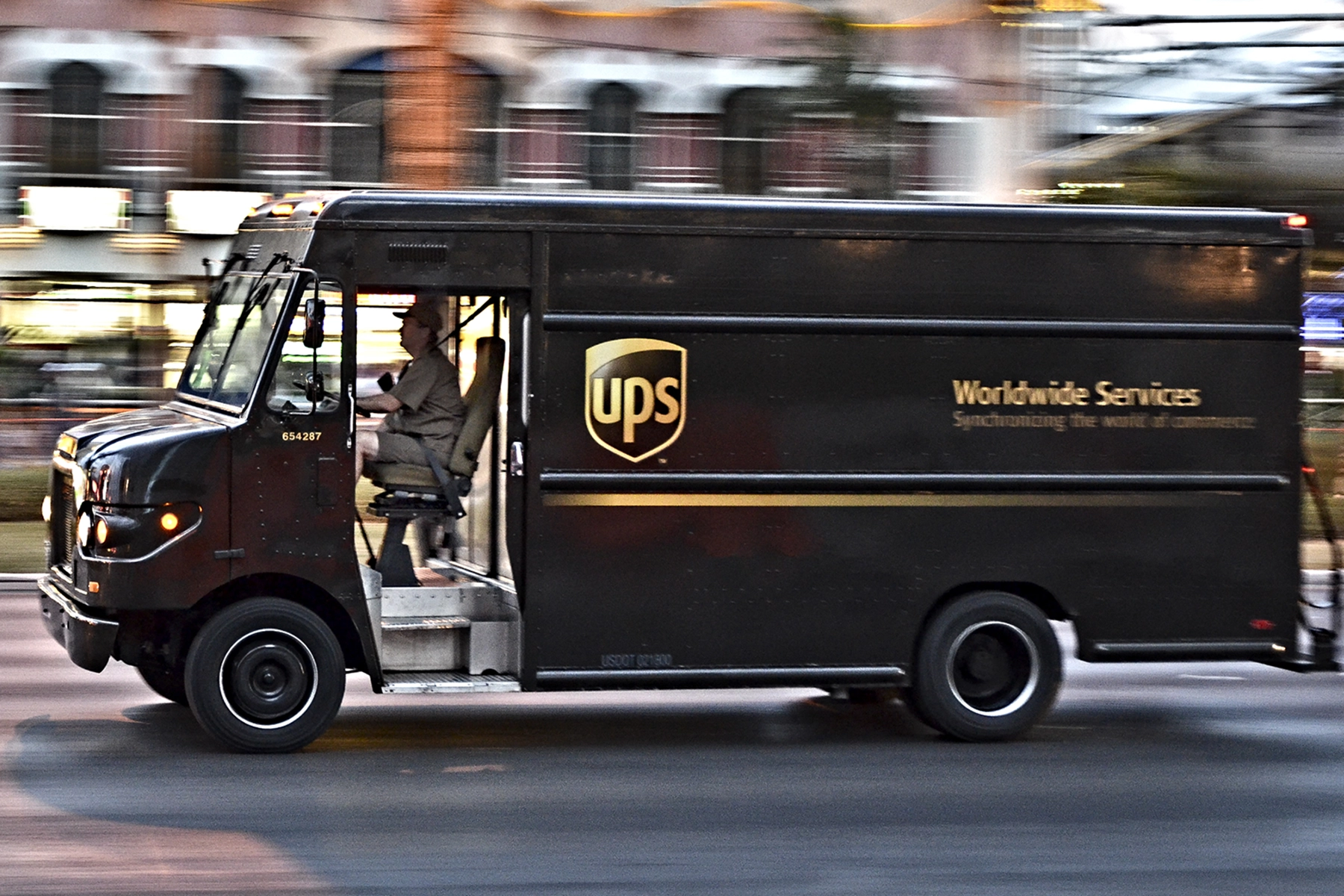As we sift through the news of the potential strike of United Parcel Service (UPS) workers, it is worth considering the gravity of the situation. The face of this conflict are the UPS workers, members of the International Brotherhood of Teamsters union, who have laid bare their grievances and demands in their fight for better working conditions and fair pay. Their demands, if met, will not only rectify the injustices they face but could also set a precedent for improved labor conditions nationwide.
UPS workers are the backbone of an economy increasingly dependent on e-commerce. These individuals, often overlooked, move 6% of the US GDP every day, delivering over six billion packages annually. Despite this, many of them have reported grossly inadequate conditions. From excessive overtime and poor protection against harassment to hazardous working conditions due to extreme heat in delivery trucks, it is clear the dignity of these workers is being compromised.
Furthermore, the “22.4” job classification, which creates a lower-paid tier of workers performing essentially the same tasks as their better-paid counterparts, is blatantly unfair. Part-time workers also suffer, with irregular hours and low pay making survival a struggle. These workers have been declared “essential” during the pandemic, but the lack of incentives or bonuses shows a glaring disconnect between their label and their treatment.
The potential United Parcel Service (UPS) strike, which threatens to gum up the flow of business and personal package delivery (and slow the disgusting rate of consumerism and overconsumption), has sparked a mainstream media narrative centered on impending economic chaos. Talking heads on cable news shows parrot the biases of the corporate aristocracy that sustain their consent factories. They focus, with mock shock, on the wages of some drivers, who reportedly earn $95,000 annually, and the potential disruption to businesses, thereby painting corporations as victims of self-interested employees. Such portrayals only serve to draw public attention away from the plight of most UPS workers, many of whom earn as low as $15.50 per hour and work under challenging conditions, or the huge numbers of part-time employees who perform repetitive tasks in a stressful environment. Additionally, they typically fail to mention the jaw-dropping revenues UPS earns and the lavish compensation packages of its executives.
Corporate media act as if a labor strike is tantamount to a grown-up group tantrum. Like they’re some sort of unhinged outcry, rather than the dreaded nuclear option arrived at after months of good-faith proposals have failed to achieve meaningful improvements in pay or conditions. Articles in print and segments on radio and television ignore the fact that workers have next to no other means of applying pressure in defense of their interests. An employee can’t impose any disciplinary action on greedy or abusive bosses other than work stoppage in one form or another. The whole POINT of a strike is to disrupt the status quo, including supply chains, consumption, and corporate profits. The media’s perspective of the UPS strike leans heavily towards its potential impact on capital while ignoring its significance for labor, and almost never explains to the audience that workers on the picket line don’t get their regular pay during strikes. News reports also rarely describe the reality that strikes are typically the last resort when negotiations fail — not an act of casual rebellion or a desire to “devastate the economy.”
The growing reliance on delivery services amplifies the potential impact of a strike. Millions of families who have shifted from in-store shopping to home deliveries will feel the impact of any impasse. The UPS delivers a quarter of all U.S. parcel volume daily, an astounding figure that underscores just how much we rely on these workers.
UPS’s astronomical profits make the plight of the workers even more egregious. In the past two years, the company’s annual profits were almost three times what they were before the pandemic, a testament to the hard work of frontline UPS workers. Despite this, some part-time workers are paid as low as USD 15.50 per hour. It is a telling disconnect that UPS CEO Carol Tomé was compensated USD 19 million last year, while workers were forced to rest in shelters due to low pay.
This standoff between the company and the workers is more than just a labor dispute. It is about the incomprehensibly enduring struggle for fair pay, reasonable work hours, and safe working conditions. It is about ensuring that those who contribute significantly to the economy are rewarded fairly. If UPS workers win their demands, it could pave the way for fairer conditions in other sectors as well.
The UPS workers’ fight for fair pay and better conditions is a fight for the dignity and worth of all workers. We stand with them, hoping that this crisis will not only bring about a resolution favorable to the workers but will also prompt a broader discourse on worker rights and fair pay in the American economy.


















